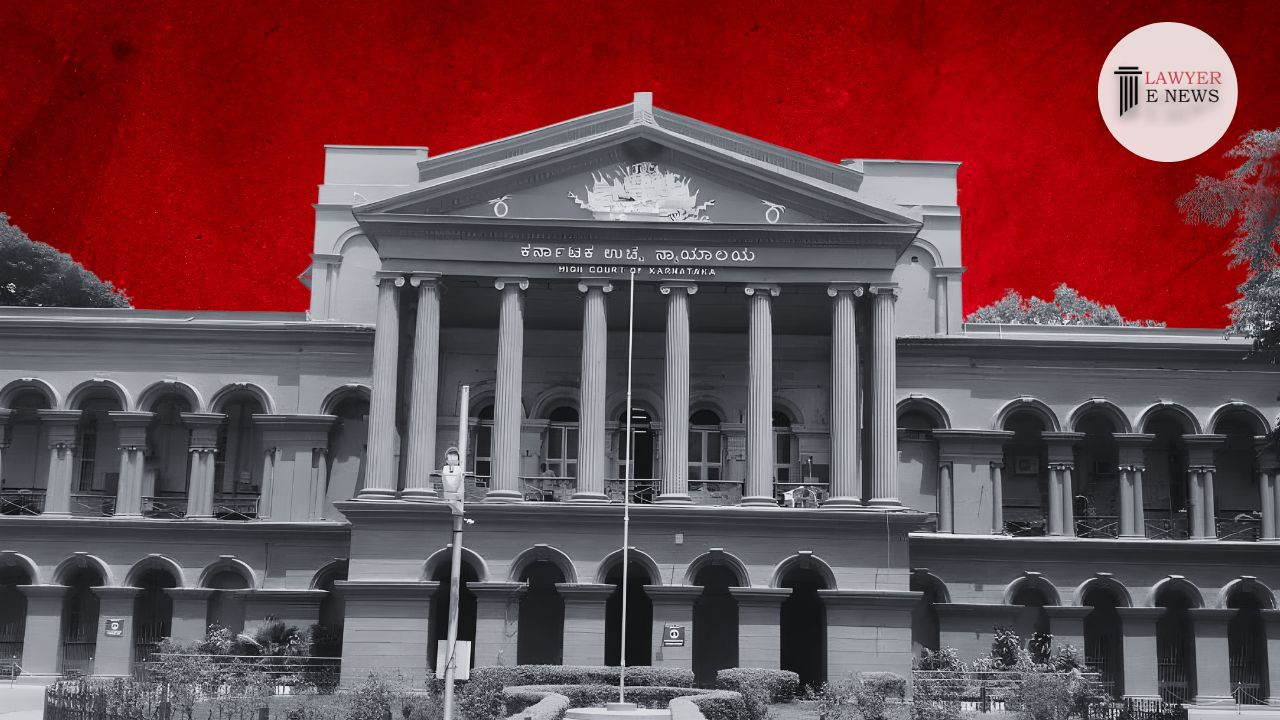-
by sayum
14 February 2026 2:22 PM



The High Court of Karnataka in a landmark judgment delivered by Justice M. Nagaprasanna, has quashed the resolutions of the 19th Committee of Creditors meeting and the minutes of the 22nd meeting of Associate Decor Limited, citing inadequacy in the notice period as per the Insolvency and Bankruptcy Code, 2016.
In the writ petition filed by Mr. Farooq Ali Khan, the court observed that the notice period provided for the Committee of Creditors meeting was insufficient and contrary to the stipulations under Section 24 of the Insolvency and Bankruptcy Code and Regulation 19 of the IBBI Regulations. The petitioner challenged the minutes of the 22nd meeting of the Committee of Creditors held on December 21, 2022, as being non est and illegal.
Justice Nagaprasanna in his judgment stated, “The resolution of the day, I mean 11-02-2020, is undoubtedly unsustainable and non est in the eye of law.” This pivotal statement underscored the importance of adhering to the procedural requirements laid down in the Insolvency and Bankruptcy Code, especially regarding notice periods for meetings of the Committee of Creditors.
The judgment also highlighted allegations against the conduct of the resolution professional in the insolvency resolution process. The court reserved the petitioner’s liberty to file a complaint with the Insolvency and Bankruptcy Board of India (IBBI) under Section 196 of the Code.
Furthermore, the High Court directed the Committee of Creditors to reconsider the restructuring proposal submitted by the petitioner under Section 12A of the Code. This opens a new avenue for the petitioner to negotiate and propose a restructuring of the debts, offering a potential resolution to the financial disputes.
Date of Decision: 21st November 2023
FAROOQ ALI KHAN VS PUNJAB NATIONAL BANK
